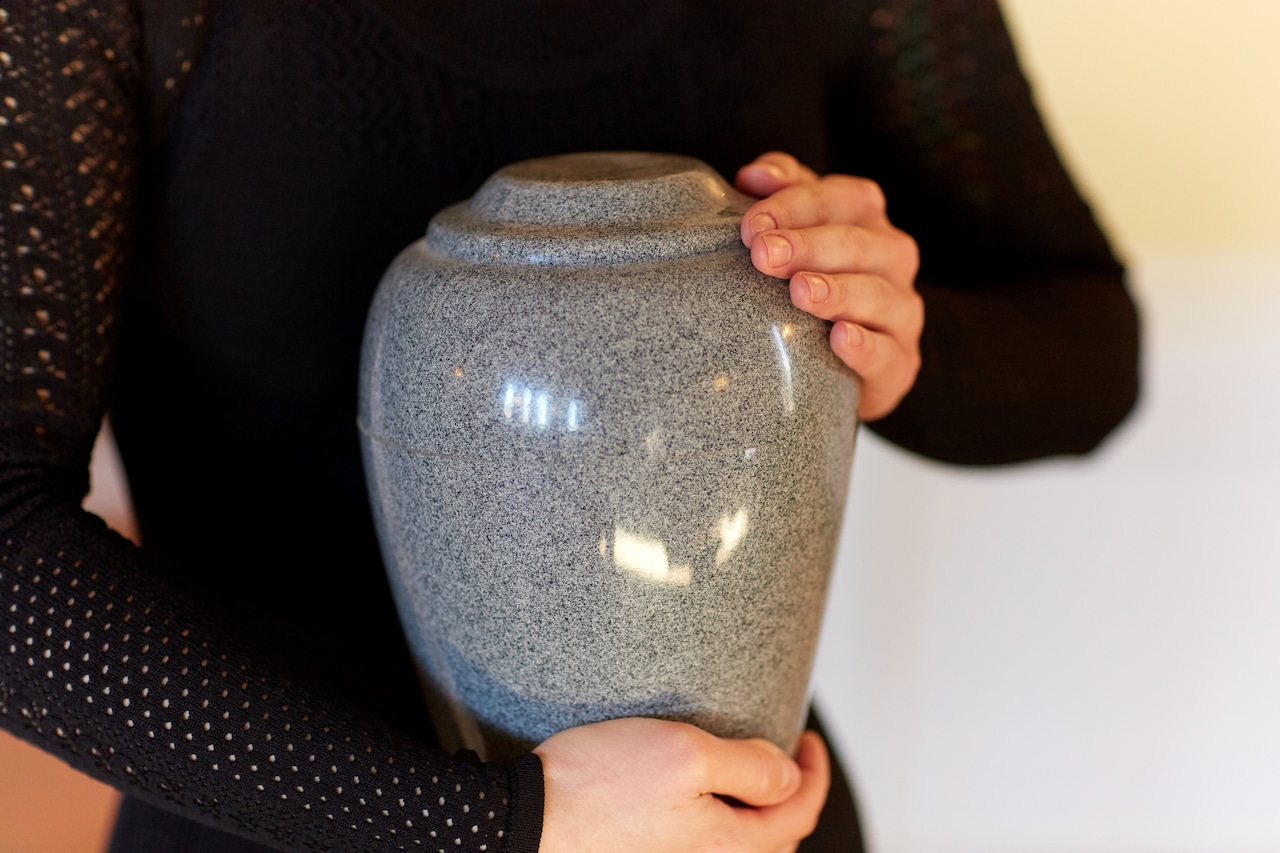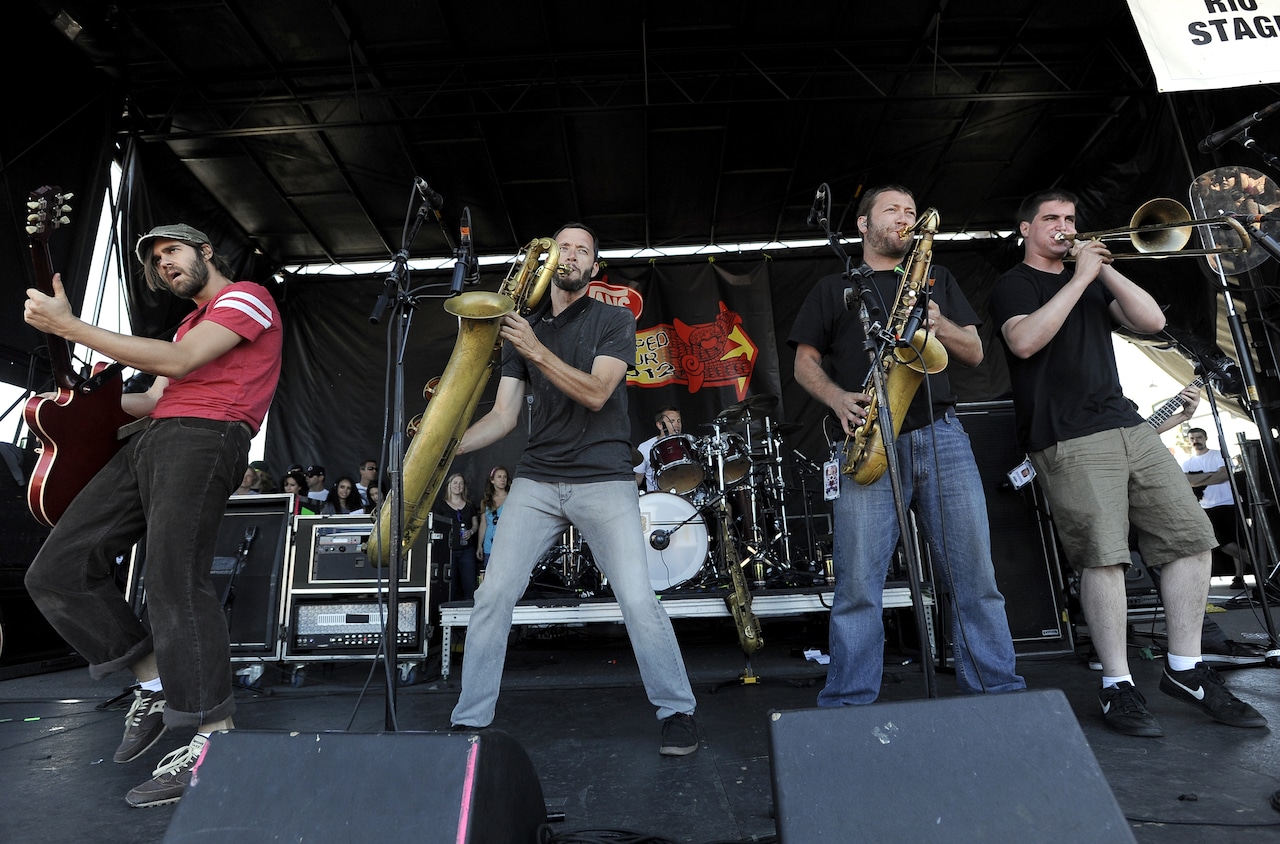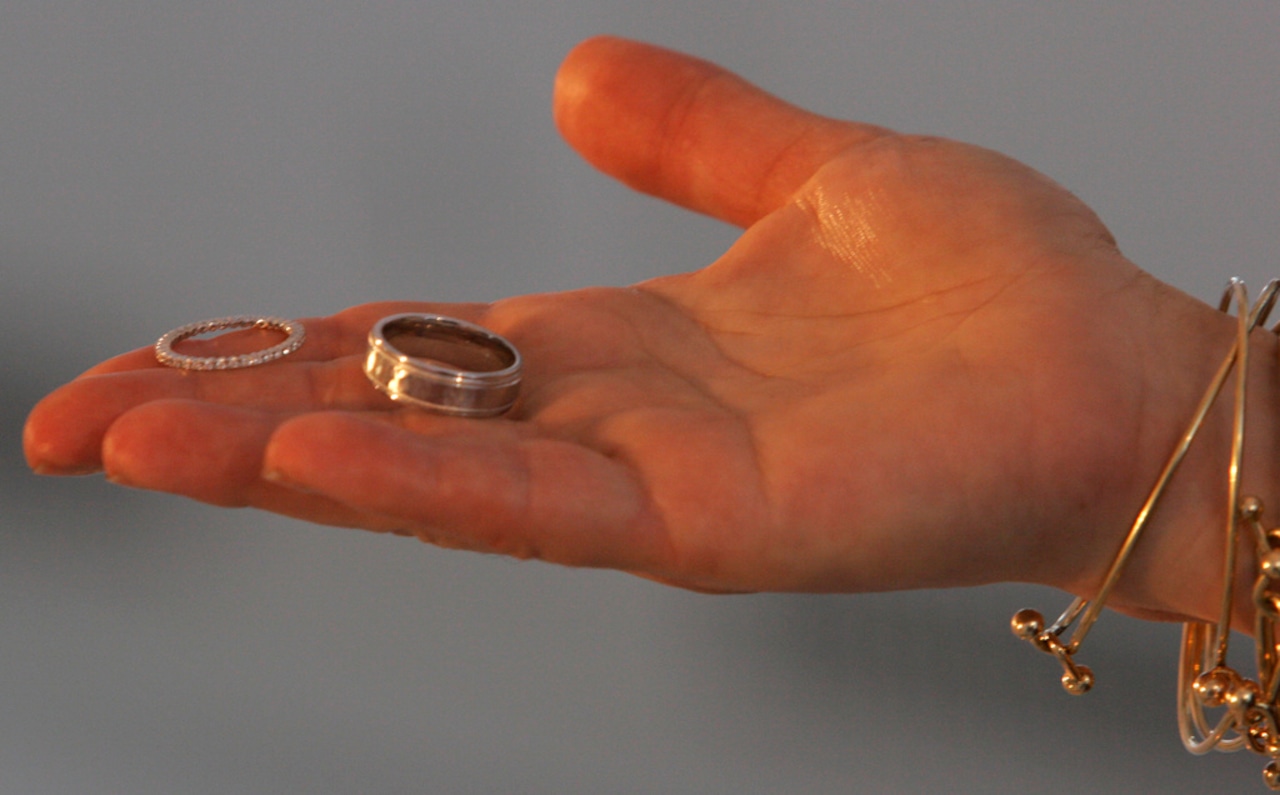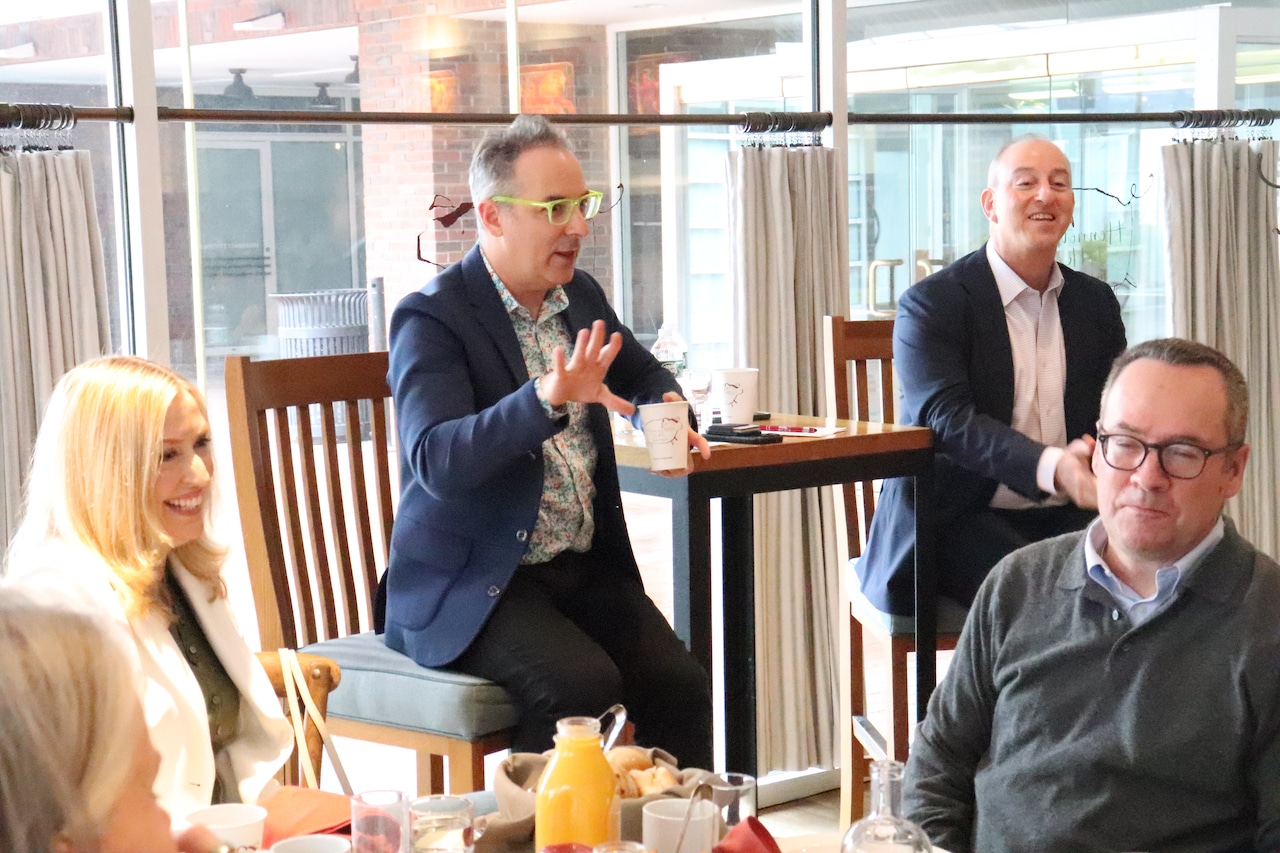
Dear Annie: I worked in a mortuary/cemetery and was a licensed funeral director.
Your answer to “Resting Place,” who considered splitting her husband’s deceased wife’s remains among four urns for the children is perfect, emotionally. But, please let that family know they shouldn’t try to split the remains themselves. Cremated remains aren’t like in the movies and odds are if the family tries to split them themselves, they will end up with mom’s ashes all over the table/ground/and or themselves with no way to, respectfully, get them back where they belong. (I’ve heard lots and lots of stories.) If they take the urn to a licensed mortuary or crematory, a professional can handle it for them and spare them that trauma.
—Respectful Remains
Dear Remains: It’s amazing the logistical steps that don’t occur until after you’re standing over a table asking your relatives “Well, what now?” Thanks for this very helpful hint.
Dear Annie: I completely disagree with your answer to “Shared History,” who found 60-year-old letters from her deceased husband’s divorce lawyer regarding the husband’s first marriage and didn’t know whether to share those letters with the husband’s adult children. As a professional historian and archivist for more than 35 years and my own family’s archivist, Shared History should most definitely make copies of all the pertinent documents and send them to each child to do as they will. These documents are a record of their lives and family’s history. You have no idea what piece of information floating in these kids’ heads might suddenly click into place after reading these documents. Family records should always be passed down to the subsequent generations no matter the potential for discomfort. Censoring family history serves no one and as you have often mentioned in your column secrets serve no one.
—Historian
Dear Historian: I appreciate you writing because you changed my mind on this. It’s up to the children whether they want to learn more or not.
In my original response, I posited that the father would have shared the letters in his lifetime if he wanted the children to know this information. But it’s also true that he would have destroyed them if he didn’t want them to know. We can’t tell our sides of the stories after we’re gone; that’s why family historians—working with the living and the dead left behind—are so important.
(Send questions to R. Eric Thomas at eric@askingeric.com or P.O. Box 22474, Philadelphia, PA 19110. Follow him on Instagram and sign up for his weekly newsletter at rericthomas.com.)
©2024 Tribune Content Agency, LLC.






